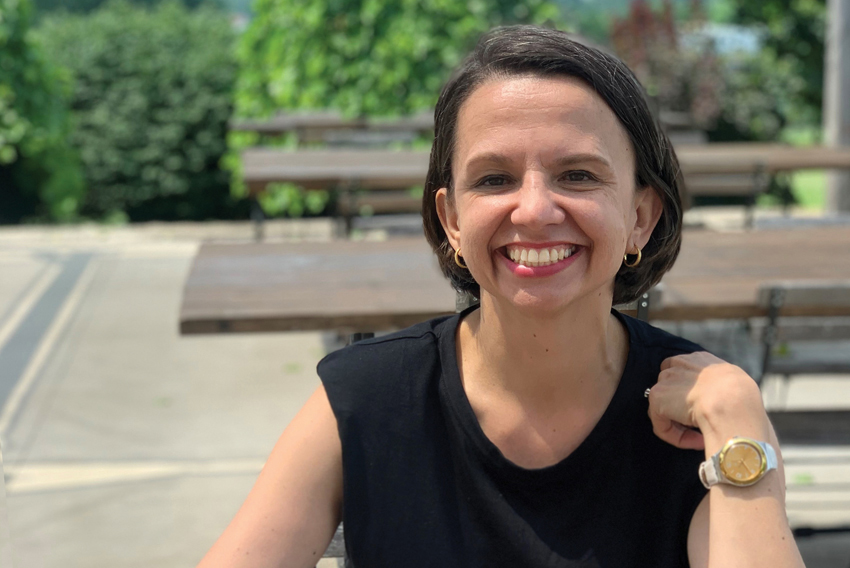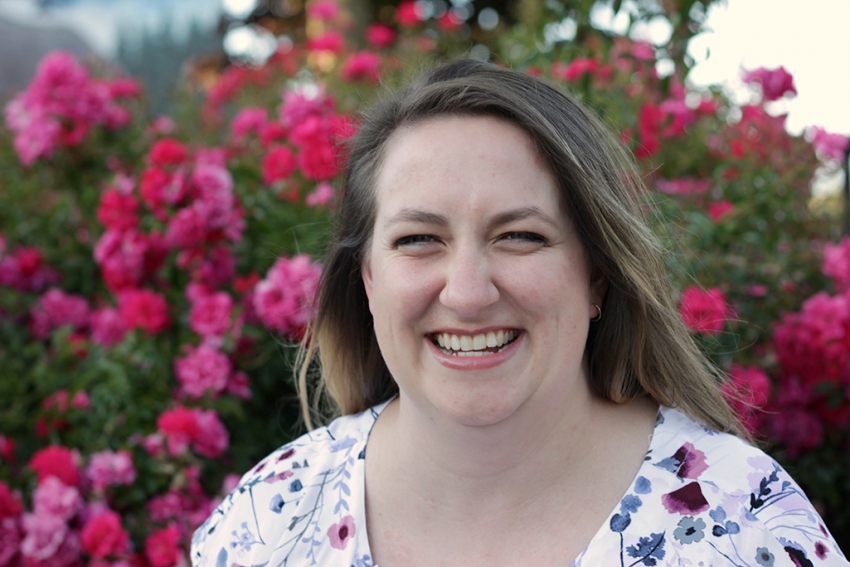Everyone feels distracted and restless at times. For the most of us, the feelings pass and we can easily get back to work. Some people struggle with these problems for many years. Attention-deficit/hyperactivity disorder, or ADHD, affects the way you act and focus. ADHD is usually diagnosed in school-aged children, but it can continue to cause problems into adulthood. About two-thirds of people living with ADHD continue to experience symptoms as an adult.
The Courage to Burn
How anger became my light
The Great Unmasking
How unemployment helped me rediscover myself and embrace my ADHD brain
“I Think This Might be You?”
ADHD and the challenges of seeking mental health care
Reprinted from the Intergenerational Trauma issue of Visions Journal, 2023, 18 (2), pp. 37-39

I’m Sorry, but What Did You Just Say?
Two statements that probably shouldn’t be made
Reprinted from the The Language We Use issue of Visions Journal, 2018, 14 (1), p. 14

I’m an adult and I think I might have ADHD. What can I do next?
While we think of attention-deficit/hyperactivity disorder as an illness that affects children, it can last into adulthood—and some people aren’t diagnosed until much later in life.
I’m a young person and one of my parents has a mental illness. What can I do?
Someone else’s illness is not your fault. You also can’t control how someone else feels, their illness, or the things they do or say. What you can do is take care of yourself. Learning more about your parent’s illness can make it a bit easier to understand what they experience.
ADHD
Attention-deficit/hyperactivity disorder or ADHD is often diagnosed in childhood, but it can continue to affect people into adulthood. ADHD makes it hard for people to pay attention, concentrate, sit still, or wait for their turn, so it can be hard for people to do their best in school, at home, or in other settings.
Featured
Treatments: What Works?
It seems like everyone has an opinion when it comes to treatments for mental health or substance use problems. To add to the confusion, it isn’t always obvious who is basing their opinions on real evidence and who is not. And while we often hear people talk about evidence-based treatments, it’s also clear that complementary and alternative medicine approaches are helpful for some.
Pagination
- Page 1
- Next page
